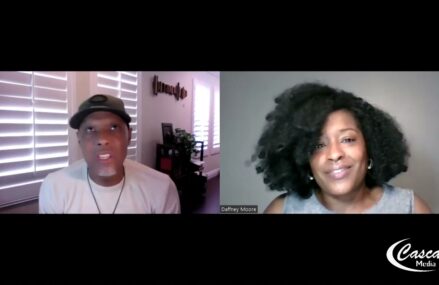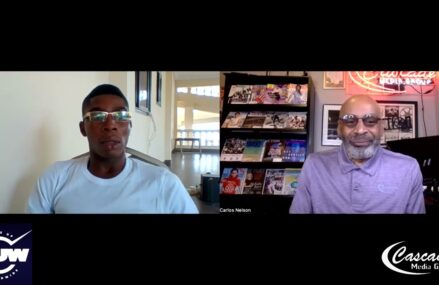Nigeria (/naɪˈdʒɪəriə/ (About this sound listen)), officially the Federal Republic of Nigeria, is a sovereign country in West Africa bordering Niger in the north, Chad in the northeast, Cameroon in the east, and Benin in the west. Its southern coast is on the Gulf of Guinea in the Atlantic Ocean. It is a federal republic comprising 36 states and the Federal Capital Territory, where the capital, Abuja, is located. Lagos is the most populous city in the country and the African continent, as well as one of the largest metropolitan areas in the world.
Nigeria has been home to several indigenous pre-colonial states and kingdoms since the second millennium BC, with the Nok Civilization having been the first time the country had been unified internally in the 15th Century B.C. The modern state originated with British colonialization in the 19th century, taking its present territorial shape with the merging of the Southern Nigeria Protectorate and Northern Nigeria Protectorate in 1914 by Lord Frederick Lugard. The British set up administrative and legal structures while practicing indirect rule through traditional chiefdoms.[6] Nigeria became a formally independent federation on October 1, 1960. It experienced a civil war from 1967 to 1970, followed by a succession of democratically-elected civilian governments and military dictatorships, until achieving a stable democracy in 1999; the 2015 presidential election was the first time an incumbent president had lost re-election.[7]
Nigeria is a multinational state inhabited by more than 250 ethnic groups speaking 500 distinct languages, all identifying with a wide variety of cultures.[8][9][10] The three largest ethnic groups are the Hausa–Fulani in the north, Yoruba in the west, and Igbo in the east, together comprising over 60% of the total population.[11] The official language is English, chosen to facilitate linguistic unity at the national level.[12] Nigeria is divided roughly in half between Muslims, who live mostly in the north, and Christians, who live mostly in the south.[Note 1] The country has the world’s fifth-largest Muslim population and sixth-largest Christian population,[13] with a minority practicing indigenous religions, such as those native to the Igbo and Yoruba ethnicities.[14] Nigeria’s constitution ensures freedom of religion.[15]
Nigeria is the most populous country in Africa and the seventh most populous country in the world, with an estimated 206 million inhabitants as of late 2019.[16][17][18] It has the third-largest youth population in the world, after India and China, with nearly half its population under the age of eighteen.[19][20] Nigeria’s economy is the largest in Africa and the 24th largest in the world, worth almost $450 billion and $1 trillion in terms of nominal GDP and purchasing power parity, respectively.[21][22][Note 2] Nigeria is often referred to as the “Giant of Africa”, owing to its large population and economy,[23] and is also considered to be an emerging market by the World Bank;[24] it has been identified as a regional power on the African continent,[25][26][27] a middle power in international affairs,[28][29][30][31] and has also been identified as an emerging global power.[32][33][34] However, its Human Development Index ranks 158th in the world, and the country is classified as a lower-middle-income economy, with a gross national income per capita between $1,026 and $3,986.[35]
Nigeria is a founding member of the African Union and a member of many other international organizations, including the United Nations, the Commonwealth of Nations, the ECOWAS, and OPEC. Nigeria is also a member of the informal MINT group of countries, which are widely seen as the globe’s next emerging economies, as well as the “Next Eleven” economies, which are set to become among the biggest in the world.From Wikipedia



